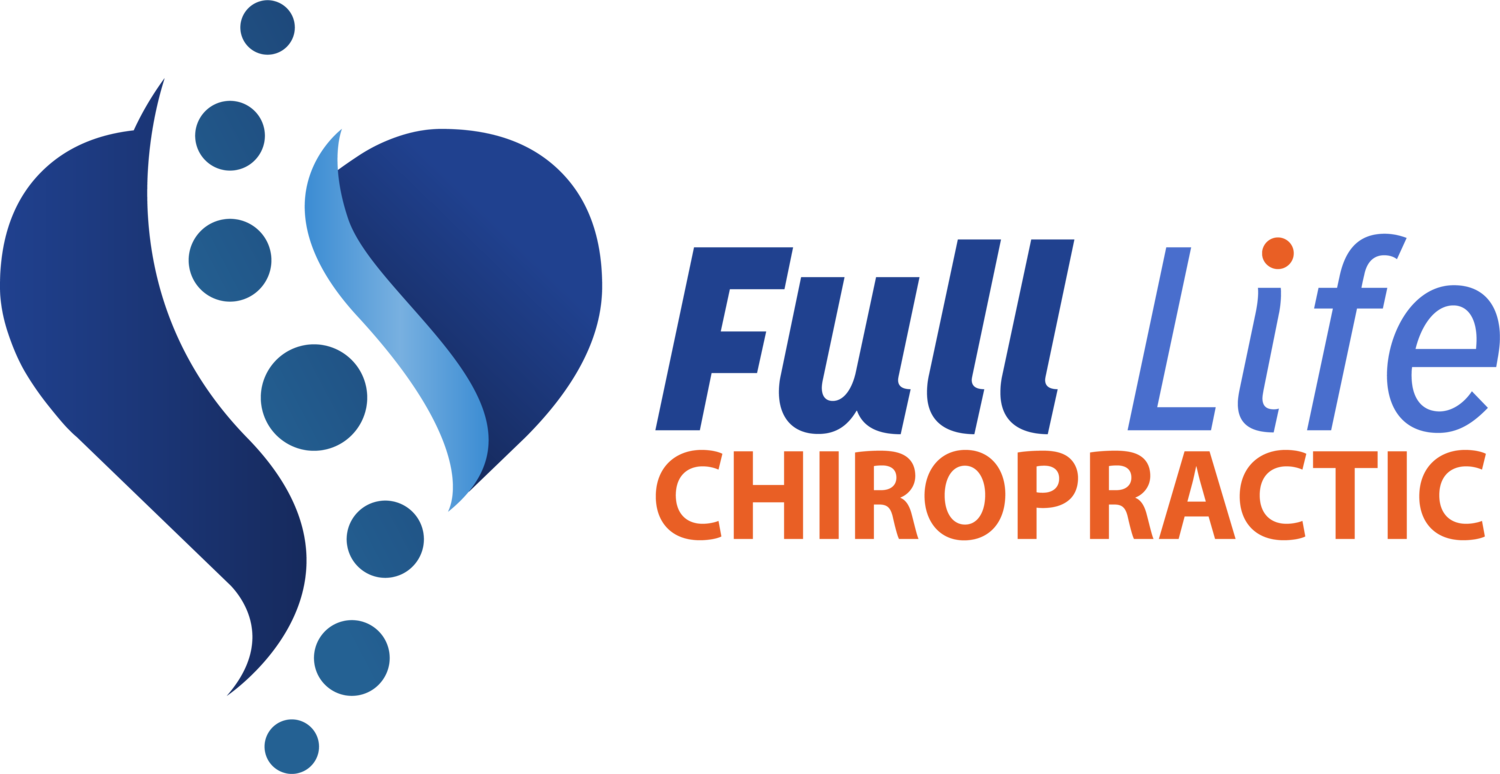ADD AND ADHD
Attention Deficit Hyperactivity Disorder (ADD/ADHD): Care and Disorder Questionable.
According to the Associated Press on November 19, 1998, a National Institutes of Health committee reported that doctors still don’t know how best to treat or even diagnose ADD/ADHD.
Dr. David J. Kupfer, chairman of the panel and professor of psychiatry at the University of Pittsburgh says, “There is no current validated diagnostic test for ADD/ADHD. He also pointed out that there are no studies that have examined the long term effects of common treatment drugs such as Ritalin.
Conclusions reached by the panel members include:
- Panel member Janis Ferre of the Utah Governor’s Council for People With Disabilities said there’s inconsistency in diagnosing ADD/ADHD. “This results in over-diagnosis and under-diagnosis.”
- Panel member Donald Berry of the Duke University Medical Center criticized the lack of long-term effect studies on Ritalin and other strong, mind-altering drugs used in treating ADD/ADHD and said he thought they are prescribed too often.
- Panel member Dr. Robert Baltimore of the Yale University School of Medicine said, “There is no gold standard for therapy, so it is difficult to look at the [current] prescribing practice and say what is appropriate or not appropriate.”
Other conclusions reached by the panel were:
- Although Ritalin may correct some behavior problems, there is no evidence that it helps children’s academic performance.
- There are no independent, validated tests for ADD/ADHD.
- Research that even establishes the validity of ADD/ADHD as a bona-fide disorder “continues to be a problem.”
- Doctors and schools often do a poor job of communicating when treating ADD/ADHD and follow-up is often poor.
By way of commentary, this panel estimated that up to 5% of children are truly affected with ADD/ADHD, if indeed it even exists. Why then in some classrooms are upwards of 30% of the children on Ritalin? Could it be that in many school districts the school gets additional money from the state for each child diagnosed?
If your child has been diagnosed with ADD/ADHD, you must seriously determine if you want a questionable disorder being diagnosed with questionable standards, being treated with questionable, high-powered drugs that have questionable long-term effects for your child. No doubt there’s a better approach we could be taking.
Chiropractic Wellness Care helps normalize and balance the nervous system by removing subluxation interference that can create the disturbances seen in the supposed ADD/ADHD disorders. All children, not just those diagnosed with ADD/ADHD need to have their spines examined for subluxation interference.
